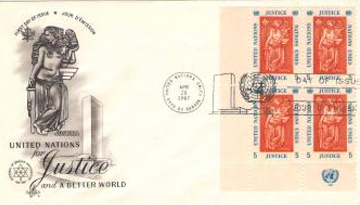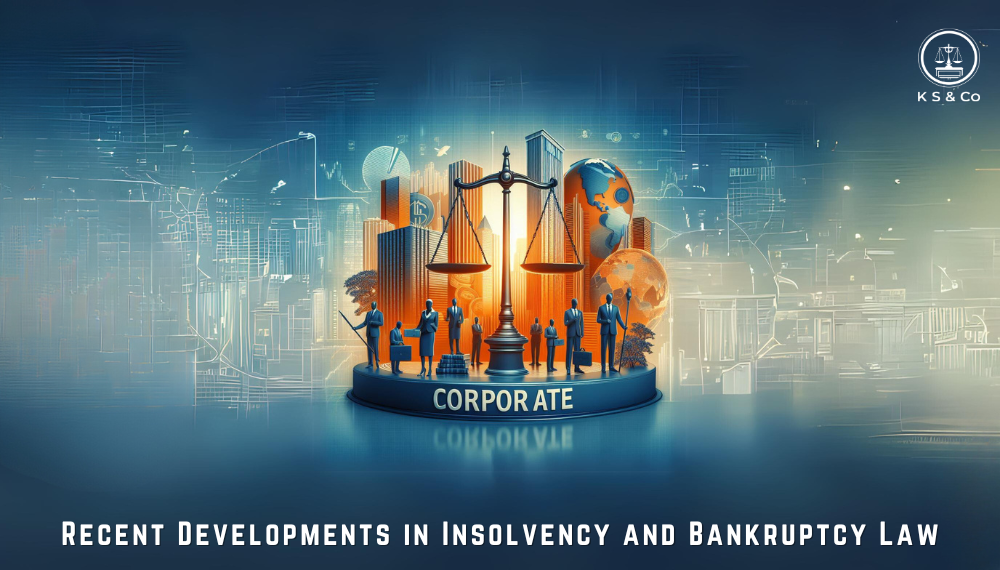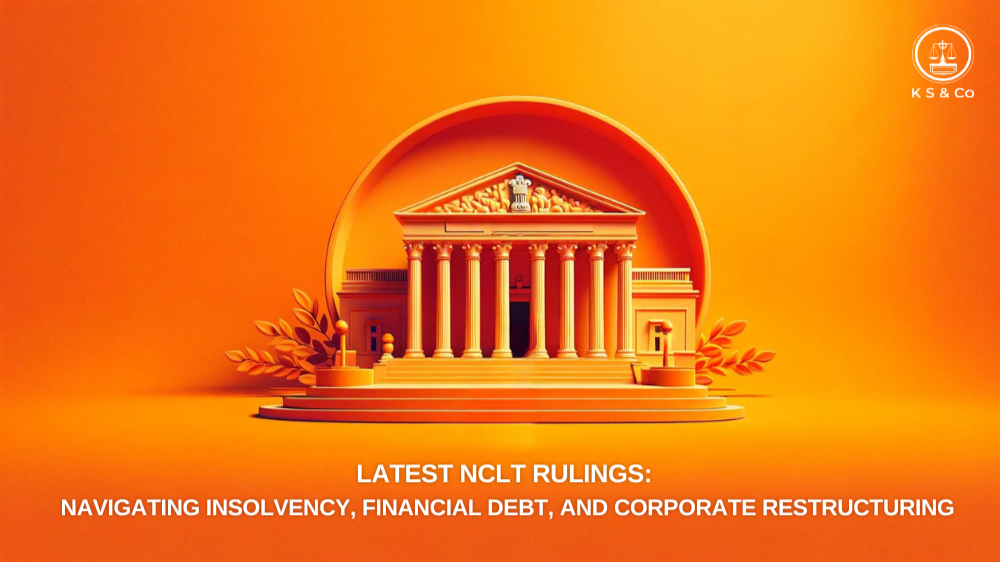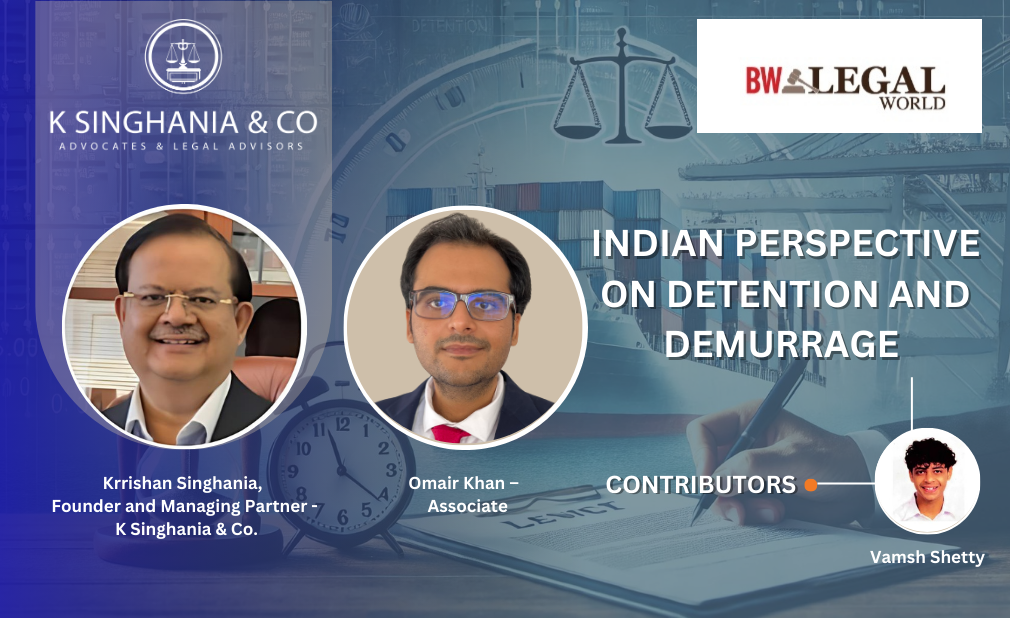The Arbitration and Conciliation (Amendment) Act, 2015 had brought about prudent modifications in manner of appointment of an Arbitrator, reduced timelines for resolving commercial disputes, infrastructure development, promotion of institutionalized arbitration etc. The recognition of the MCIA as an appointing institution by the Supreme Court lends credibility to the relatively new institution and will hopefully encourage both domestic and foreign users to use the facilities and rules of the MCIA in their commercial arrangements. . The amendments deal with restrictions on Indian court’s jurisdiction over foreign seated arbitrations and various other recommendations made in the Law Commission Report. The changes have also brought the Indian arbitration regime closer to the international standards and to the UNCITRAL Model Law on International Commercial Arbitration. The provision pertaining to fast-track arbitrations (Section 29A) is though included in the Act but there still persists the requirement for inclusion of emergency arbitrations. Further, issue such as appealability of the decision of the Court or such arbitral institution where it decides that the arbitrator should not be appointed still requires clarification. Though, the Amendment makes declaration by the Arbitrator about his independence and impartiality more realistic as compared to bare formality under the previous regime. Further it could be opined that the present amendments certainly brought significant changes in manner of reducing the interference of the Court in the Arbitration proceedings that has been the consistent effort of the legislature since the enactment of the 1996 Act. This Newsletter aims to include the latest updates in the Arbitration and Conciliation segment and recent statutory developments in this regard for creating awareness.
LIFTING THE CORPORATE VEIL: UNAUTHORIZING ARBITRATOR TO BIND NON-SIGNATORY PARTY TO THE ARBITRATION AGREEMENT
A Single Bench of Vibhu Bhakhru,J. in the case of Sudhir Gopi v. Indira Gandhi National Open University, held that an arbitrator will not have the power to lift the corporate veil so as to bind other parties, who have not agreed to an arbitration agreement. In an educational project “agreement” entered between IGNOU and UEIT, the former stated that they were entitled to receive fees, but UEIT neglected the contention and failed to remit the same. IGNOU terminated the agreement and invoked arbitration clause and claimed for dues in reply to this statement of claim whereas a joint counter claim for compensation was made by UEIT and Sudhir Gopi, managing director of the company stating that IGNOU enrolled students from other institutes which operate illegally outside the trade free zones, and also withheld the mark-sheets of students stating that work at Centre is suspended. Arbitration tribunal issued directions in favor of IGNOU, stating that Gopi holds 99 shares out of 100 and is the face of the company and made no distinction between himself and UEIT by making joint claims. The Court held that IGNOU’s claim is in bad reference as there was “mis- joinder” of parties, as “an arbitration agreement must be in writing” as per Section 7(3) of the 1996 Act, and Gopi had not signed the agreement in his personal capacity. The Court further stated that just because a person holds maximum share and is face of the company, it doesn’t make him personally bound as company is an “independent juristic entity”. Therefore, an arbitrator cannot lift the corporate veil and bind the non-signatories to an arbitration agreement to which the Court allowed the petition and set aside the award of the arbitration tribunal.
E-ARBITRATION: SPEEDING DISPUTE RESOLUTION OF GOVERNMENT DEPARTMENTS
The Law Ministry has asked the Government Departments to go for online arbitration to fast-track dispute resolution and bring down Government litigation which constitutes nearly 46% of about Three Crores pending court cases. The Ministry identified 12 arbitration agencies working in India and has asked all the Ministries and associated Departments to avail the facility of online arbitration for out-of-court settlements and quick resolution of disputes. The 12 identified agencies include an arbitration centre run by the ASSOCHAM, the Bangalore-based BIMACC, a Delhi-based construction industry related arbitration council which is also a joint venture with the Singapore International Arbitration Centre, an online consumer mediation centre run by the National Law University, Bengaluru, and the Delhi Dispute Resolution Society, a unit of the Delhi government, among others. Hence, the department of justice is keen to explore options for government departments for settlement of their disputes through alternate methods. Further in order to reduce litigation, Ministries have been advised not to go to Court for their disputes and instead to opt for alternate dispute resolution measures such as Arbitration. Many of these agencies provide services of Retired Judges, Senior Advocates, Chartered Accountants, Rtd. Civil Servants for Mediation. Providing a list of such agencies on its website, the Law Ministry suggested that the departments may use their services which will help to a great extent in reducing government litigations.
CHALLENGE TO FOREIGN ARBITRAL AWARD: NOT MAINTAINABLE
The Supreme Court, in IMAX Corporation vs. M/S E-CITY Entertainment, held that Part-I of the Arbitration and Conciliation Act 1996, has no applicability in a case where parties agreed to the arbitration being conducted outside India. A bench comprising Hon’ble Justice SA Bobde and Hon’ble Justice Ashok Bhushan in an appeal against the Bombay High Court order held that petition to set aside an arbitral award in an arbitral proceedings held in London is maintainable before a court in India. The Supreme Court observed that, in the instant case, the parties expressly agreed that the arbitration will be conducted according to the ICC Rules of Arbitration and left the place of arbitration to be chosen by the ICC. The Court opined that “the relationship between the seat of arbitration and the law governing arbitration is an integral one. The seat of arbitration is defined as the juridical seat of arbitration designated by the parties, or by the arbitral institution or by the arbitrators themselves as the case may be”. Setting aside the observation of High Court, that the seat of arbitration itself is not a decisive factor to exclude Part-I of the Arbitration Act, the Court stated that the place of arbitration determines the law that will apply to the arbitration and related matters like challenges to the award etc.
APPOINTING ‘EMPLOYEE’ AS ARBITRATOR VALID: PRE AMENDMENT ERA
In the recent matter of Aravali Power Company Private Limited Vs. M/s Era Infra Engineering Limited, the Apex Court set-aside the common judgment and order passed by the Delhi High Court under Section 14 of the Arbitration and Conciliation Act, 1996, seeking termination of mandate of the arbitrator filed under Section 11 (6) of the 1996 Act for the appointment of an independent arbitrator, adjudicating disputes between the parties. In the present case, Era Infra in July, 2015 sought appointment of an arbitrator, being a retired judge of the High Court, for adjudication of disputes which arose between the parties on account of delay in completion of the contract by disputing the arbitration agreement, inter alia, on the ground that “nobody can be a judge in his own cause” and sought reference to an independent tribunal. Aravali Power, while refuting the contentions raised by Era Infra, proceeded to appoint its CEO as the sole arbitrator. Accordingly, the parties appeared before the sole arbitrator in October, 2015 and thereafter Era Infra in December, 2015 sought an extension to file its statement of claim. Though initially, Era Infra did not raise any dispute regarding the appointment or continuation of the arbitration proceedings, it later approached the Delhi High Court by filing petitions as aforesaid, seeking termination of the mandate of the arbitrator and for appointing an independent arbitrator. The Delhi High Court by its common judgment and order dated 29 July 2016 set aside the appointment of the arbitrator primarily on the grounds that that appointment of the CEO as arbitrator is likely to give rise to justifiable doubts as to his neutrality. In the above background, Aravali Power preferred a Special Leave Petition before the Supreme Court challenging the order passed by the Delhi High Court on the ground that the appointment of the arbitrator was completely in tune with Clause 56 of the GCC and the Delhi High Court’s jurisdiction was in contemplation with the 1996 Act. The Supreme Court, at the very outset, observed that the statutory provisions that would govern the present controversy are those that were in force before the 2015 Amendment came into effect. It was observed that the sole arbitrator undoubtedly was an employee of Aravali Power but so long as there is no justifiable apprehension about his independence or impartiality, the appointment could not be rendered invalid and unenforceable.
ANTI-ARBITRATION INJUNCTION: UOI VERSUS VODAFONE
The Delhi High Court, in the Union of India v. Vodafone Group case, passed an ex-parte order restraining the Vodafone Group from pursuing an investment treaty arbitration claim against India under the India-United Kingdom Bilateral Investment Treaty (BIT). Vodafone Group PLC, UK, and Vodafone International Holdings BV initiated arbitration proceedings against the Republic of India (‘India’ or the ‘Plaintiff’) under the India-Netherlands BIPA. The claim challenged retrospective amendment of Section 195 of the Indian Income Tax Act to read with Section 119 of the Indian Finance Act, 2012 by the Indian government, to bring VIHBV under the tax-liability net for the acquisition of the stake in an Indian company. During the pendency of arbitration proceedings under the India-Netherlands BIPA, the Defendants initiated arbitration against India on January 24, 2017, under the India-United Kingdom BIPA (‘India-UK BIPA’). The Defendants challenged the same actions of the Republic of India under the aforesaid proceedings. India filed a suit before the Delhi High Court seeking an anti-arbitration injunction against the Defendants for the initiation of proceedings under the India-UK BIPA. The Court, by virtue of an ex-parte interim order, restrained the Defendants from initiating or continuing arbitration proceedings under the India-UK BIPA. The Delhi High Court held that:
- multiple claims cannot be permitted by corporate entities in a single vertical chain – against the same measure of the host State – under various bilateral investment treaties / bilateral investment promotion and protection agreements(‘BIT / BIPA’)
- anti-arbitration injunction can be issued against a forum having exclusive jurisdiction if the proceedings are oppressive, vexatious and result in abuse of process.
It was held that an injunction can be passed by a court of natural jurisdiction i.e. India in the instant case, to restrain a party from initiating proceedings in a foreign forum, albeit being a forum of choice and exclusive jurisdiction, if the said forum is oppressive or vexatious. The Court held a prima facie view that initiation of independent proceedings under the two BITs constituted abuse of process of law at the hands of the Defendants, both on account of the Defendants’ themselves and through their subsidiaries.
SEPERATE AGREEMENT: CANNOT BE A SINGLE ARBITRATION REFERENCE
While adjudicating an arbitration case pertaining to agreements between Gangavaram Port Ltd. (GPL), M/s. Duro Felguera S.A., a Spanish Company (DF) and Felguera Graus India Private Ltd. (FGI), the Supreme Court held that there cannot be a single arbitration reference for disputes arising out of different agreements, even if they are inter-linked to a single transaction. In the present case, GPL had awarded a tender work to DF and FGI, its Indian subsidiary. Later, the original contract was split up into five separate contracts, with different job descriptions. Four of such contracts were with FGI, the Indian subsidiary, and one of them was with DF. Each contract had a separate arbitration clause. Apart from that, DF had entered into a performance guarantee agreement with GPL for the performance of contract by FGI, which also had an arbitration clause. Later, a tripartite MoU was entered into between GPL, DF and FGI, which had listed their performance obligations with reference to the split up contracts. The SC while disposing off the matter concluded that, There are six arbitrable agreements (five agreements for works and one Corporate Guarantee) and each agreement contains a provision for arbitration. Hence, there has to be an Arbitral Tribunal for the disputes pertaining to each agreement. While the arbitrators can be the same, there has to be six Tribunals – two for international commercial arbitration involving the Spanish Company-M/s Duro Felguera, S.A. and four for the domestic.
POWER TO GRANT INTERIM RELIEF: PARADIGM SHIFT IN ADR
The Delhi High Court in the recent case of Raffles Design International India Pvt. Ltd. & Ors. vs. Educomp Professional Education Ltd. & Ors. interpreted the issue of emergency arbitrator. The interim relief was granted thereby restraining the Respondent from taking any action which in manner would deprive the rights of the Claimants with respect to a) Hiring and dismissal of employees in the society and b) functioning and management of society. The Plaintiff further in this regard sought interim relief invoking section 9 of the Arbitration & Conciliation (Amendment) Act, 2015 mentioning that the opposite party had been acting in contravention to the emergency award passed. The Court opined that recourse to Section 9 of the Act is not available for the purpose of enforcing the orders of the Arbitral tribunal; but that does not mean that the Court cannot independently apply its mind and grant interim relief in cases where it is warranted. This pro-arbitration approach interpreting the provisions of the Amendment Act exhibits structural implementation of the legislative intent to bring about paradigm shift in the alternate dispute resolutions.
PENALTY IMPOSED FOR UNFINISHED WORK PROGRAMME: UOI VS. RIL
In another arbitration matter, Union of India won the award against the Reliance Industries, which had disputed the quantum of penalty to be paid for not finishing the promised ‘work programme’ in four oil blocks. This indulged commitment to undertake surveys alongwith the percentage of profit offered to the state. The arbitration clause was invoked by RIL which denied paying the quantum of fine imposed by the government for not meeting the work programme targets. The New Exploration and Licensing Policy allowed the government to penalise the bidders by recovering an amount equal to the unfinished work from them. The award in this arbitration follows recent withdrawal of the natural gas price related arbitration by RIL.
TWO-TIER ARBITRATION CLAUSE: FINALISING AWARD STRUCTURE
The Supreme Court in the case of Centrotrade Minerals & Metal Inc. vs. Hindustan Copper Ltd., 2017 (2) SCC 228, uphold the validity of a two-tier arbitration clause need to be completed within the prescribed time limit, failing which it will be barred by Section 29A. The Court held that the 1996 Act does not prohibit the parties from entering into an arbitration agreement that provides for an appeal from the first award to a second arbitral tribunal constituted under that agreement. Though the interpretation of the Section provides mentioning of rendering an ‘award’ which implies that there could only be one ‘final award’ and binding on the parties (Sec. 35). The making of an arbitral award is usually taken to extinguish the original cause of action and replace it with a right to have the award enforced. For the limitation purposes the relevant period is relating to the original cause of action and not the provisions relating to the appeals would apply because those are concerned with the appeals from court orders.






